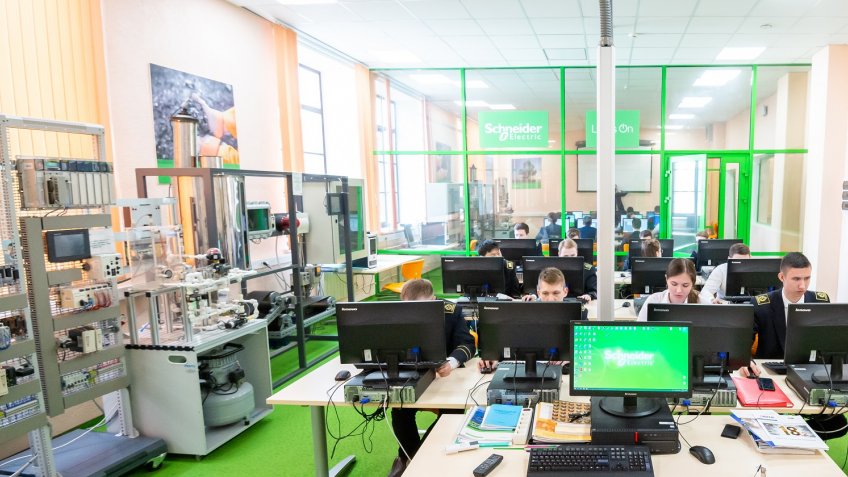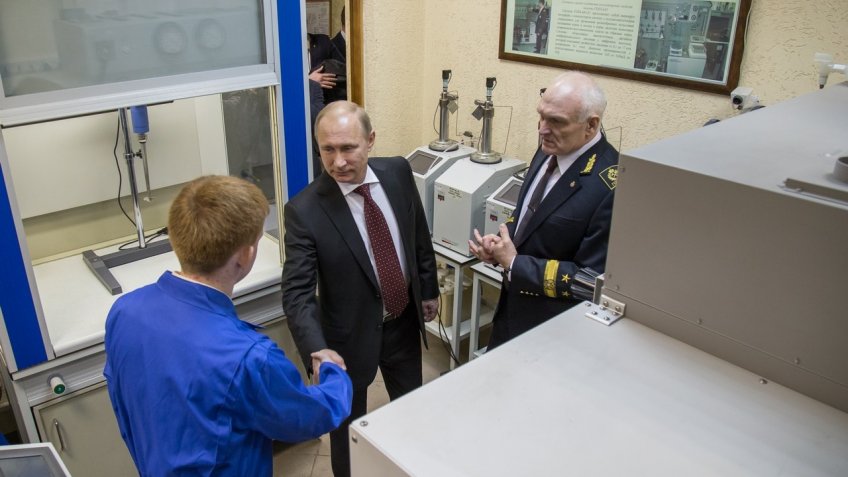
Its task will be to improve the quality of higher education and scientific research aimed at increasing the efficiency of enterprises in the mineral resources sector.
On Thursday, October 22, it became known that the Minister of Science and Higher Education Valery Falkov signed an order on the creation of a of university consortium. The new structure named Nedra embraces technical universities that train students in such areas as applied geology, mining and oil and gas business, and geodesy. Upon graduation from universities, such specialists are employed in oil and gas and mining companies or become field-specific scientists.
The goals of this non-profit organization are quite ambitious. They include an increase in the level of adaptation of higher educational institutions to the demands of the labor market and further integration of large specialized companies, ministries and universities; formation of a unified scientific and educational environment, including through the unification of educational standards, and equal access for members to modern educational and scientific infrastructure.
Another task will be to support young talented undergraduate and postgraduate researchers and enhance the competence of teachers.
Vladimir Litvinenko, rector of St. Petersburg Mining University, who initiated the creation of the consortium, was appointed its chairman for a period until November 1, 2023.
“Collaboration on the basis of this consortium, as well as the International Competence Center in Mining Engineering Education under the auspices of UNESCO, will create conditions for motivating students and postgraduates. An intellectual environment aimed at achieving the interests of the state economy will be formed. That includes training of well-qualified personnel reserve for scientific and pedagogical activities and work at industry enterprises,” Litvinenko commented on the order of the Minister of Science and Higher Education.
At the first stage, the new association united 14 universities, including NUST MISIS, Tomsk Polytechnic University, T.F. Gorbachev Kuzbass Technical University, Tyumen Industrial University, M.D. Millionshchikov Grozny Oil University, which recently celebrated its centenary, and several others. It is planned that in the future about 140 higher educational institutions will join the consortium, in the curricula of which more than 10% of training areas are related to subsoil use.
Tatiana Karminskaya, rector of Yugorsky State University, noted that the main advantage of the She is sure that the emergence of such a structure “will contribute to solving of production and technical problems in the oil and gas industry and increase the efficiency of all participants." The rector of Gubkin University, Viktor Martynov, suggested that in the future the consortium should expand due to the participation in it not only of higher educational institutions, but also of scientific organizations, primarily, R&D institutes of the RAS.
“The creation of consortia, associations, unions, any forms of collaboration is one of the leading development trends. Today, any large project can be successfully implemented only if you have a network of partners, systematically build and maintain contacts, synchronize efforts,” said Acting Rector of Tomsk Polytechnic Institute Andrey Yakovlev.
The head of the Tyumen Industrial University, Veronika Efremova, focused on the fact that the new structure will become “not only an effective instrument of industry influence but also a driver of regional development.” And the rector of NUST MISIS Alevtina Chernikova said that “projects for the development of innovative forms of organizing the educational process will be worked out at the consortium.” She attributed the possibility of closer cooperation with the International Competence Center for Mining Engineering Education under the auspices of UNESCO as an equally important factor influencing the acceleration of integration into the international scientific and educational space.

